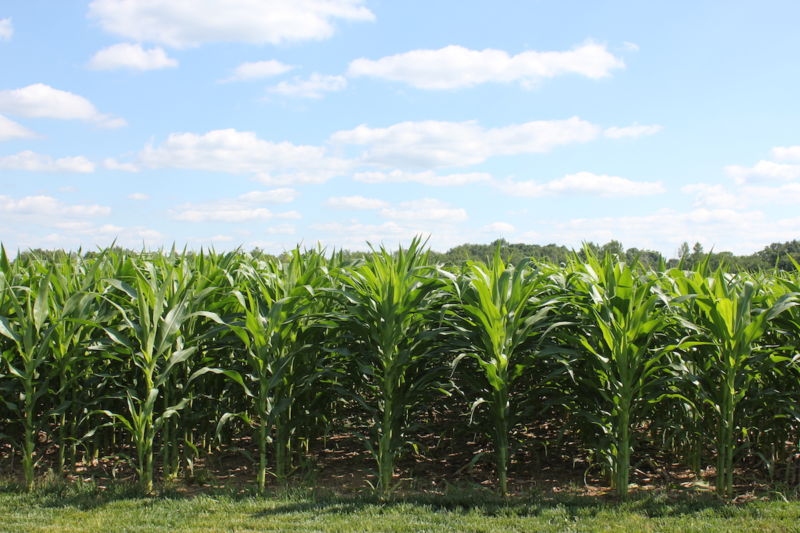A roadmap to agriculture that’s sustainable and climate-neutral
Ars Technica » Scientific Method 2018-10-15

Enlarge (credit: Julie Doll, MSU/NSF KBS LTER Site)
The climate crises humanity is producing due to our profligate burning of fossil fuels is happening in the face of mounting evidence that said burning was very, very bad for the Earth. Some of the problems are now officially going to come even sooner than anticipated. If we want to have a hope of even mitigating these problems, we must change our habits, preferably yesterday.
While burning fossil fuels is a huge part of the problem, food production is also a primary driver of climate change. It is responsible for about 25 to 30 percent of greenhouse gas emissions. Beyond that it also depletes groundwater, converts carbon-sequestering forest and jungle into cropland, and dumps excess nitrogen and phosphorous into soil, water, and air. Under business-as-usual scenarios, these effects will probably at least double by 2050 since the global population is slated to increase by about a third, and the income of the global population is also slated to increase—all of those new and newly rich(er) people are likely going to want to eat and eat well.
At that point, the environmental effects of food production will be “beyond the planetary boundaries that define a safe operating space for humanity.”